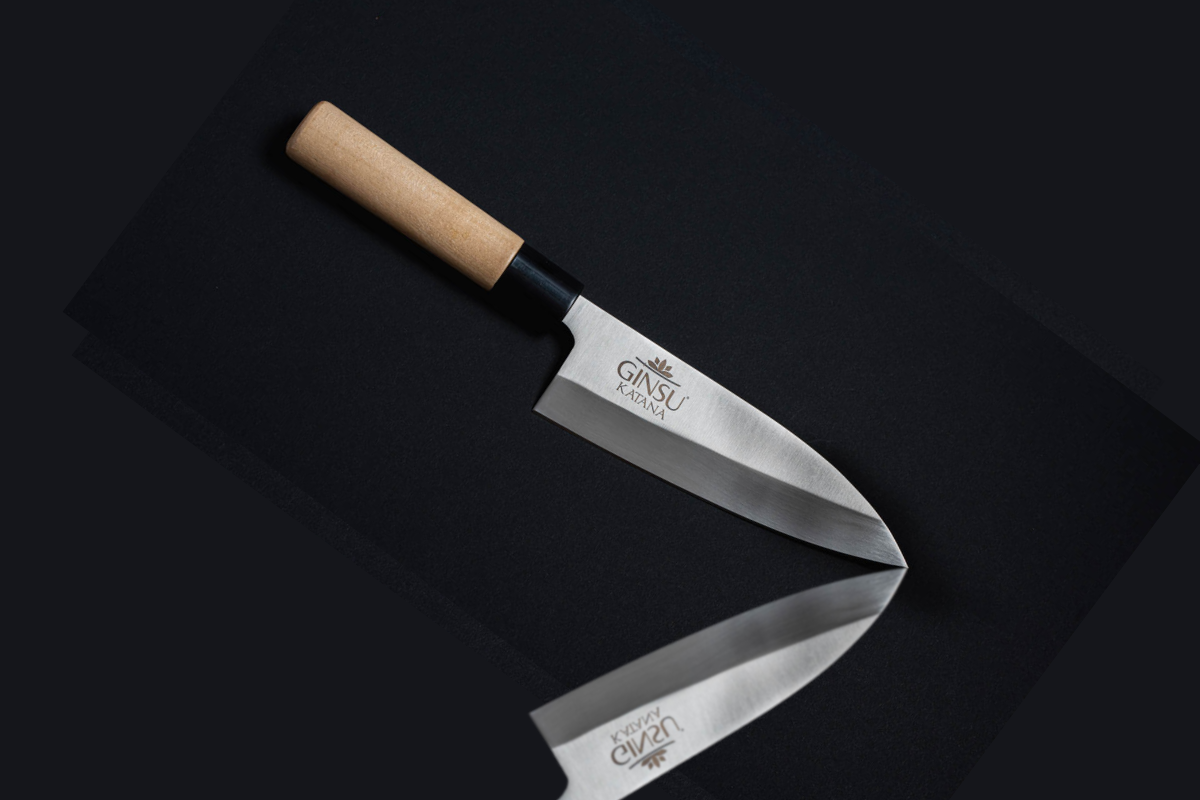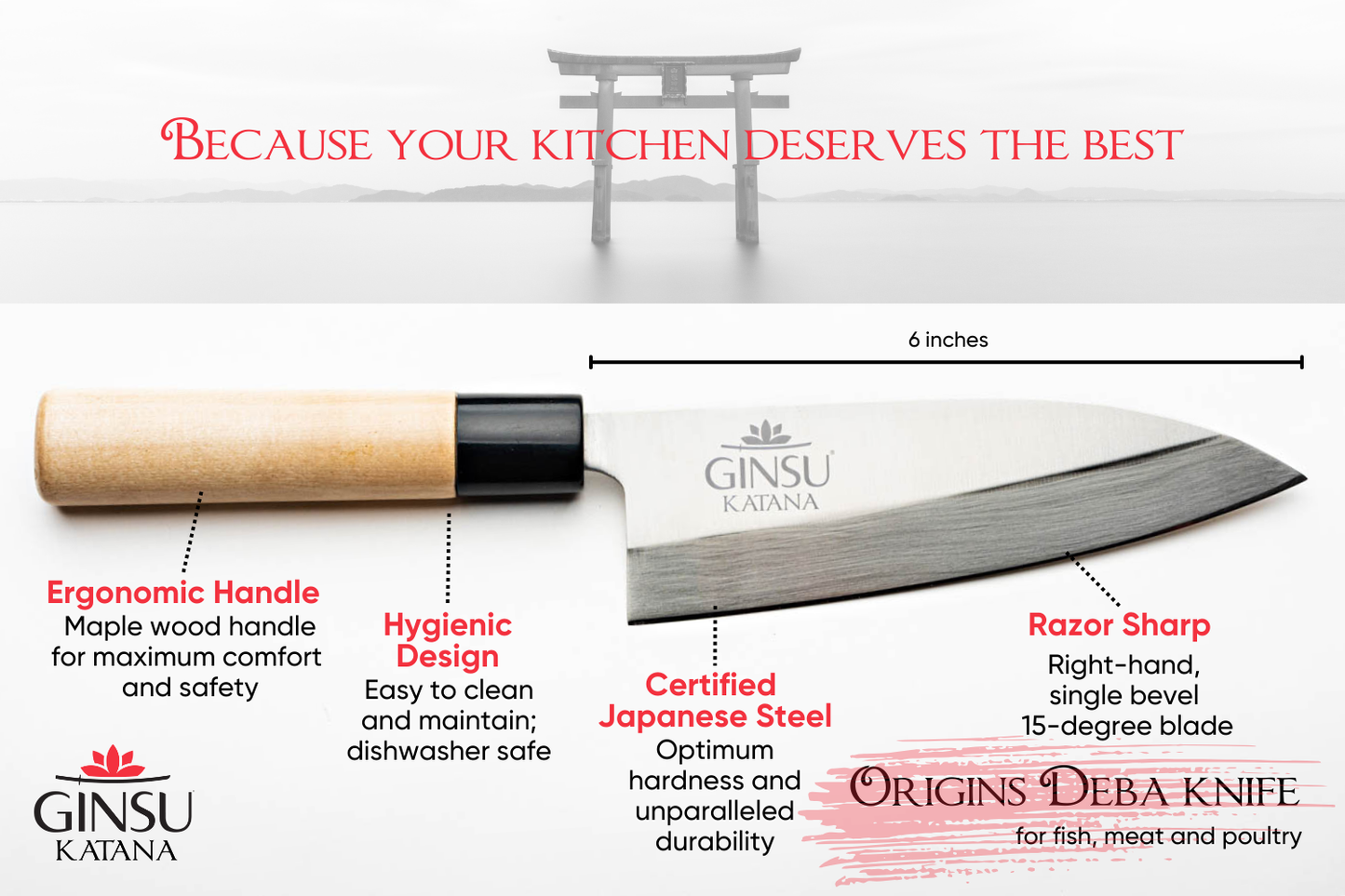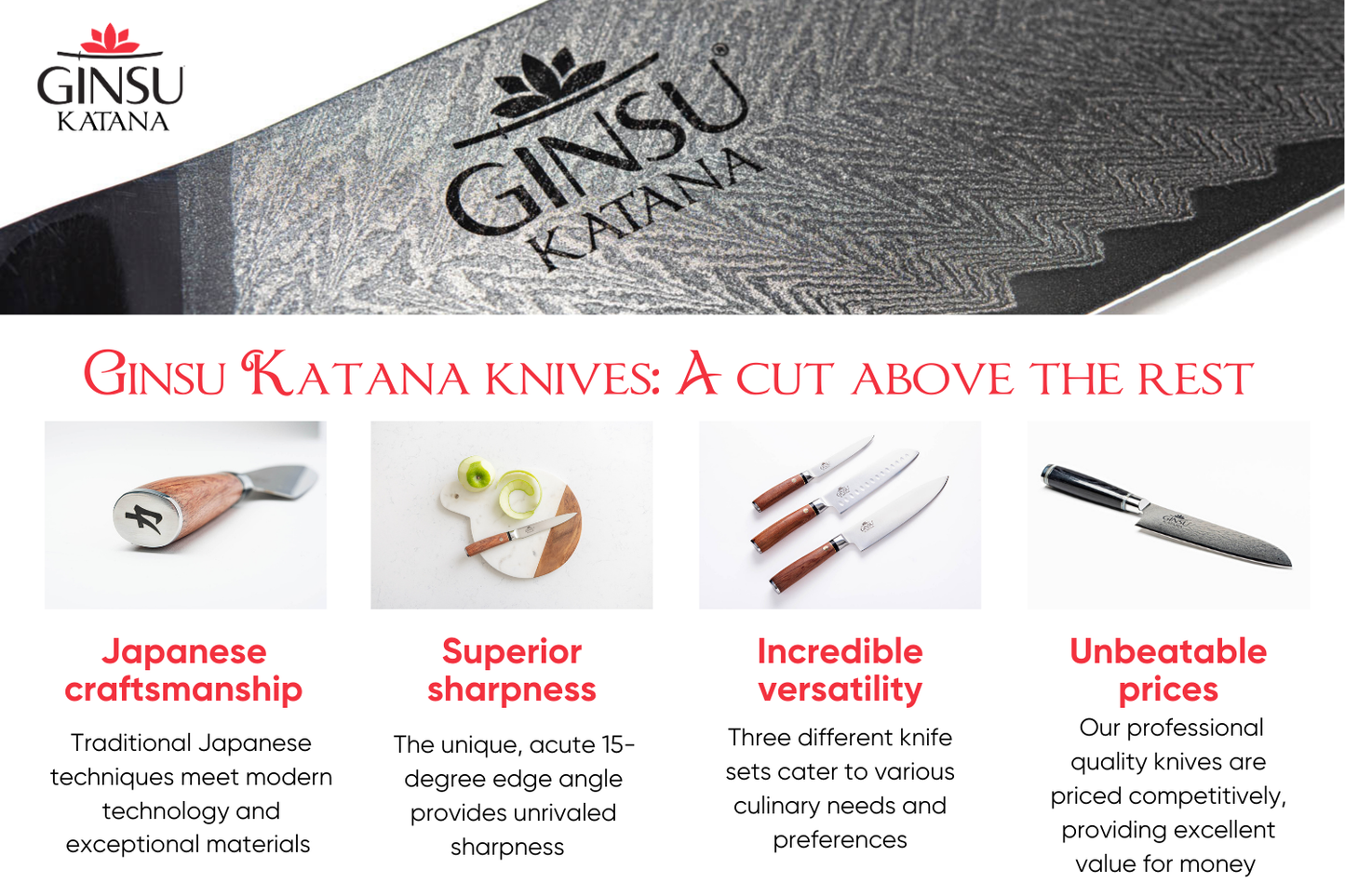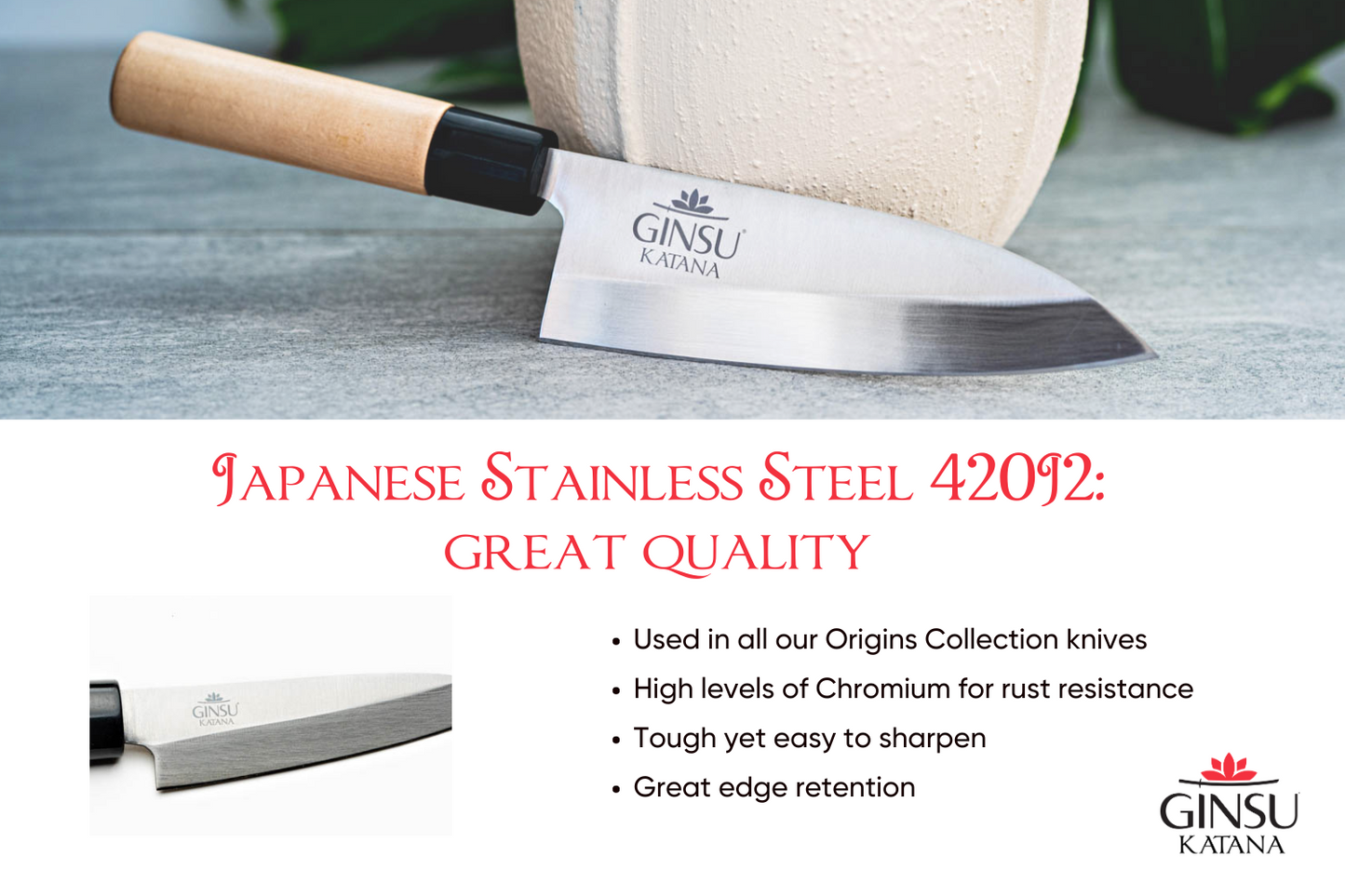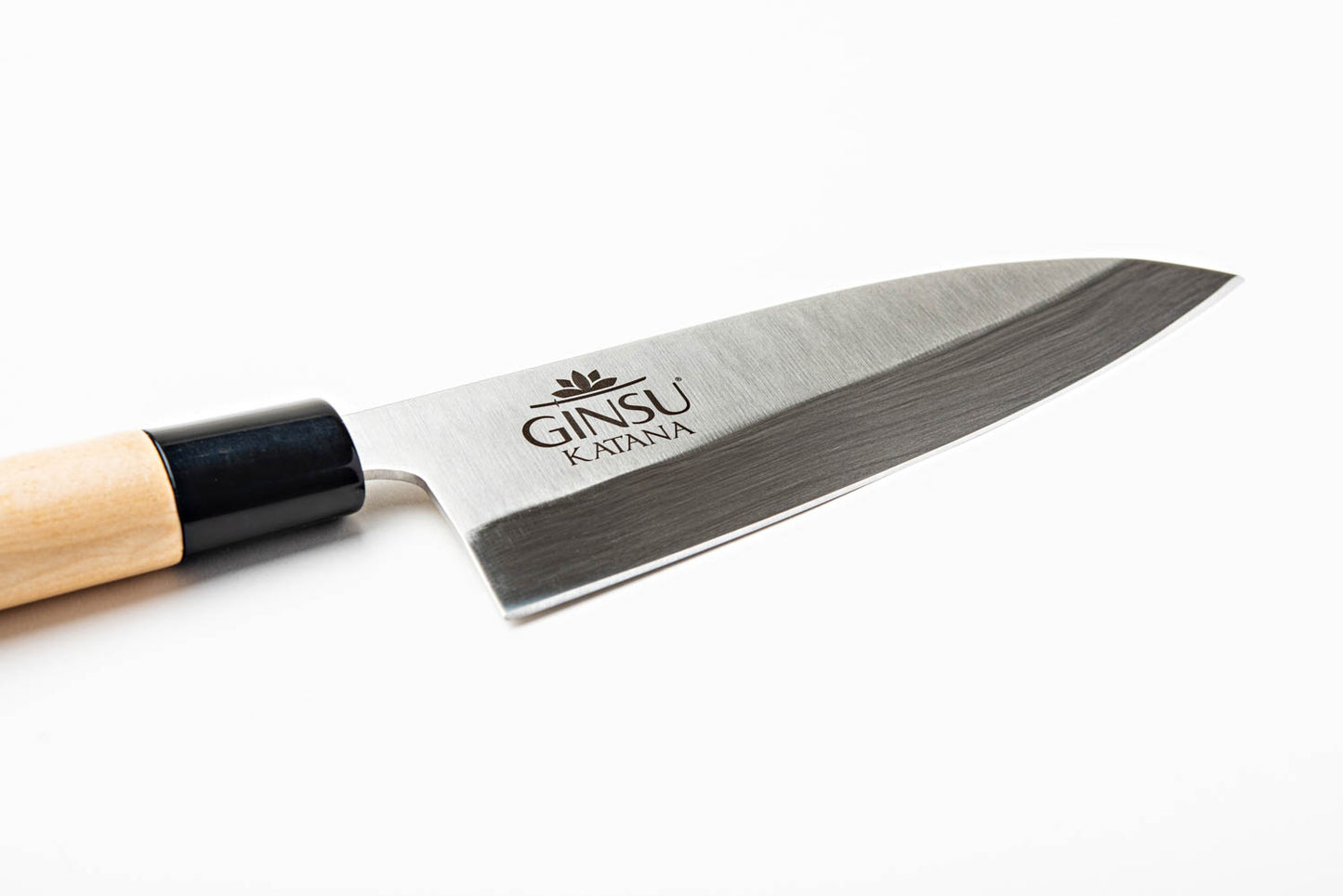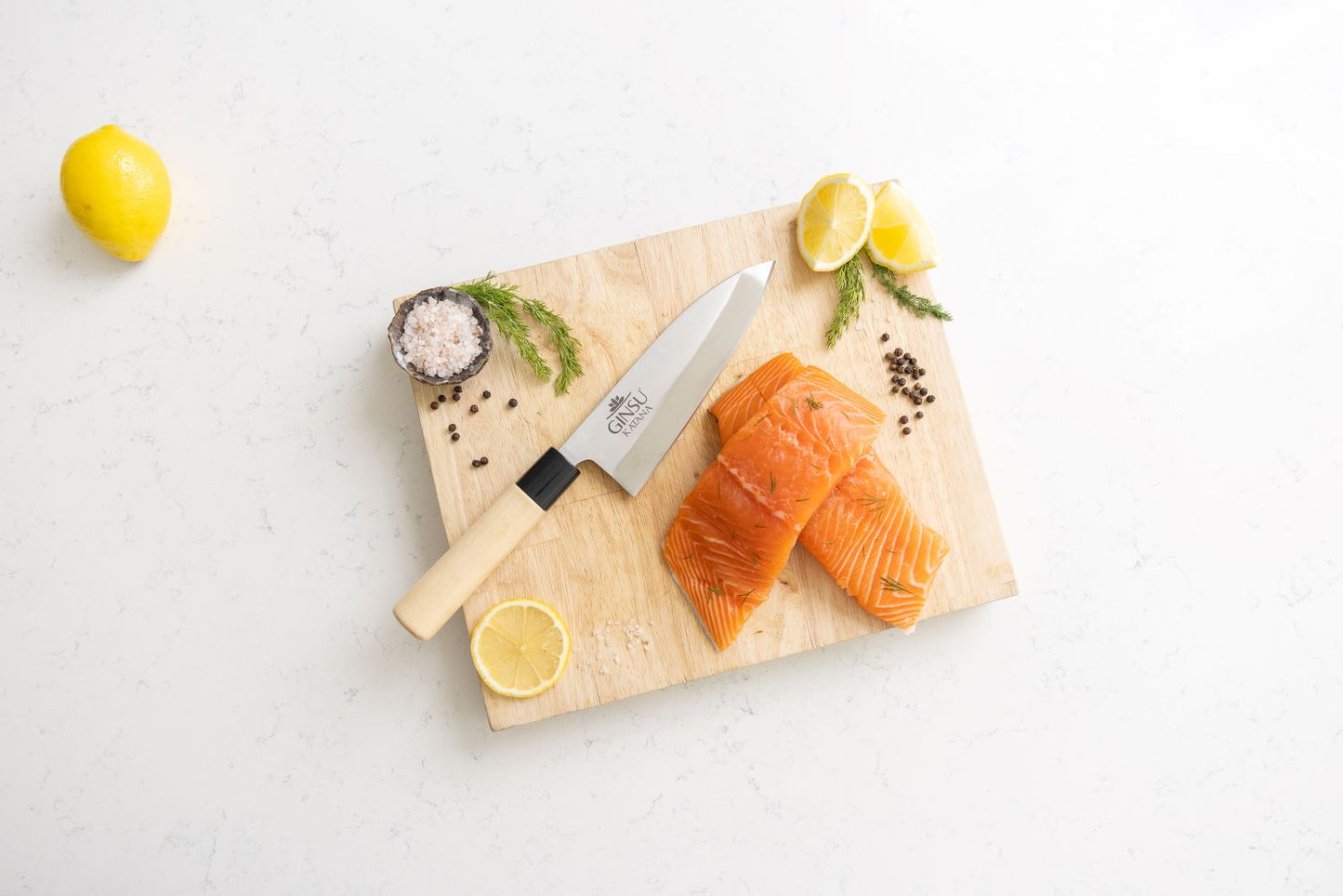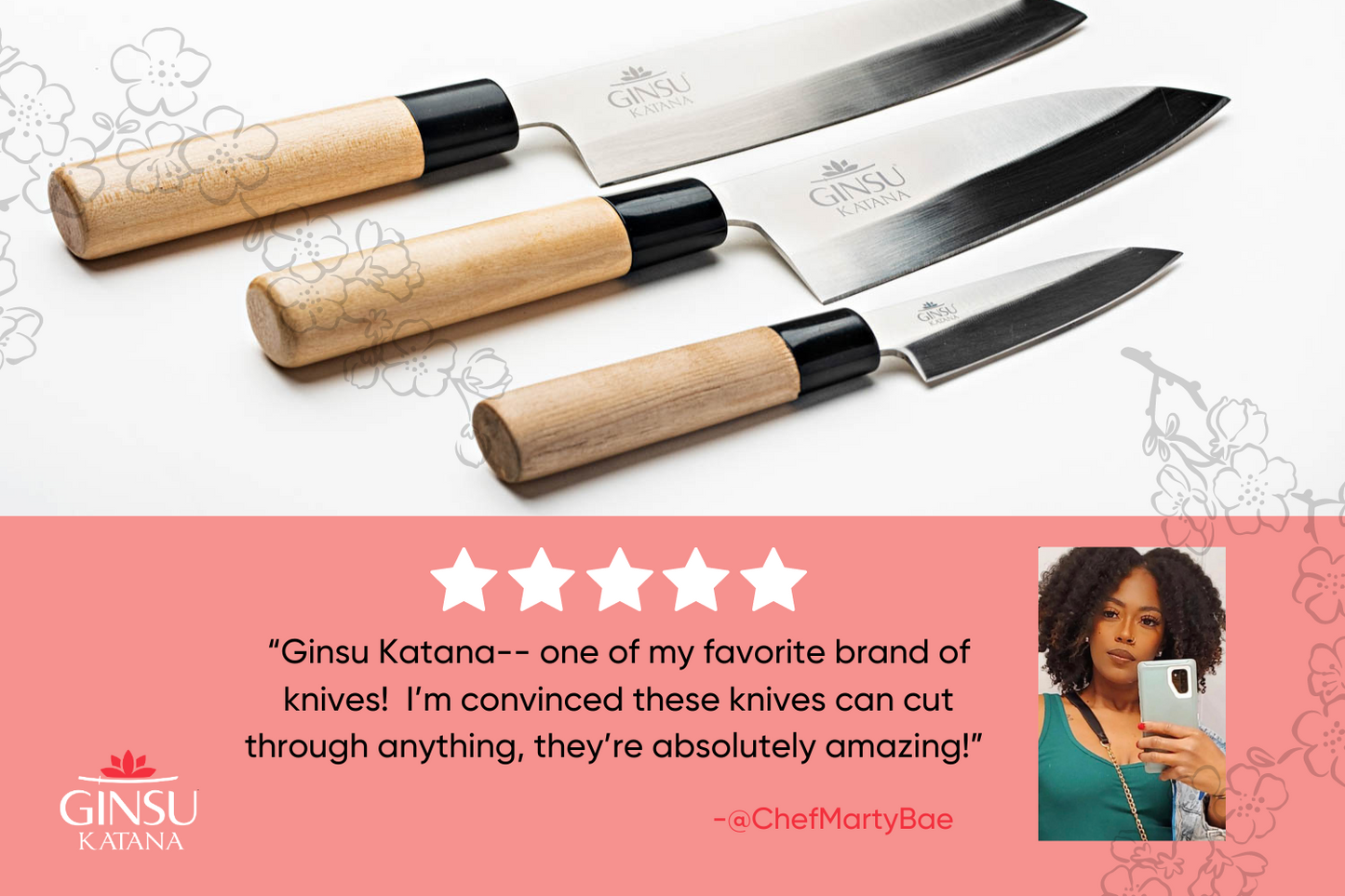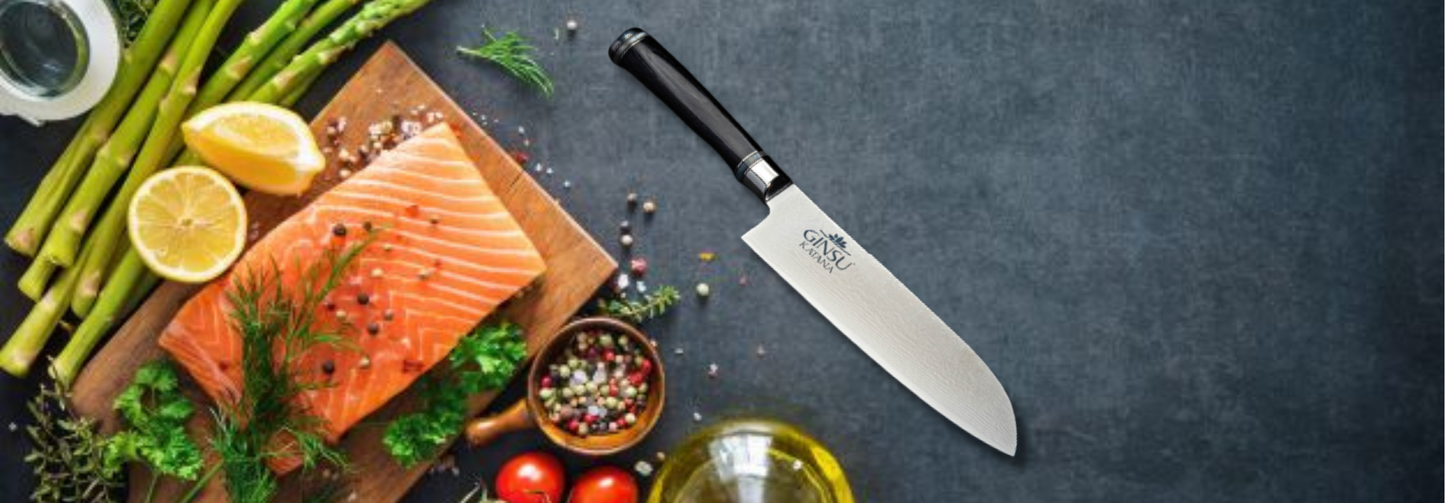This site is protected by hCaptcha and the hCaptcha Privacy Policy and Terms of Service apply.
- Japanese Stainless Steel 420J2 (certified)
- Maple wood handle
- 3.0mm Forged Single bevel Blade
Deba bōchō (Japanese: 出刃包丁, "pointed carving knife") .
The Japanese Deba knife is one of the 3 basic models used in Japanese cuisine together with the Yanagiba, and the Usuba or Nakiri.
The Deba knife is a pointed-blade Japanese kitchen knife used mainly for cutting fish, and also for cutting meat and poultry.
Deba Uses
It is an ideal tool to work with whole pieces of fish, chicken or meat, since its design allows for making deep and precise cuts, controlling the pressure we exert on the blade.
The special shape of the blade of a Deba knife allows you to use each part for a specific purpose.
The blade of the Deba knife is wide at the heel and pointed at the tip, and it is especially important for a Deba knife to be heavy, with a good blade and well balanced with the handle, both in weight and length.
Similarly to the Santoku knife, the width of the blade and the alignment with the handle of the Deba knife makes it very comfortable to hold and use, giving freedom to the fingers, avoiding contact with the board when cutting.
There is a wide range of uses for this knife. After washing the meat in cold water, it can be used to cut through fish bones, slice up the meat, crack through shells, and dismantle chickens. All of this is pre-processing, but they are essential to ensure that the food is used without waste. The blade is thicker and heavier than other knives to make it easier to work with. It is called an "up-bladed" knife because it protrudes in the front more so than other knives. The tip of the blade is used for dividing and slicing, while the base of the blade is used for tapping and cutting. Therefore, when sharpening the knife, please do it so that the "sledging" is not lost, and you can continue to use it properly.
HIGH QUALITY STAINLESS STEEL
All of our stainless steel blades are heat treated for optimum hardness and edge retention while maintaining the ability to be sharpened to a razor's edge. The steel used is perfect for kitchen specific tasks because of its corrosion resistance, preventing it from oxidizing with rust when it comes in contact with meat, fruits and vegetables. Each GINSU KATANA knife blade is forged. Forged knives are made up of a single bar of steel, wherein the process of compressing the steel makes it harder and stronger.
USE AND CARE
Store your GINSU KATANA knives in a countertop knife block, divider drawers, on wall-mounted magnetic strips or in a Saya. Choose what is best depending on your preference. To clean your knives, hand wash with mild soap, rinse and towel dry. Our GINSU KATANA knives are NOT dishwasher safe. Always cut on a wood surface. Softer woods like maple and walnut provide the best surface. Avoid marble, steel, glass or ceramic material as they can dull and/or chip the blade.
LIFETIME LIMITED WARRANTY
We guarantee our knives against any manufacturing defects in material and construction, and to perform as advertised when properly used and maintained.

